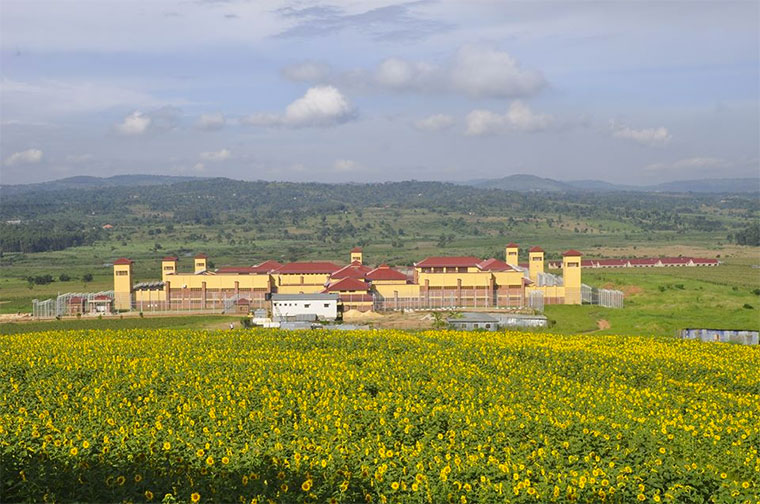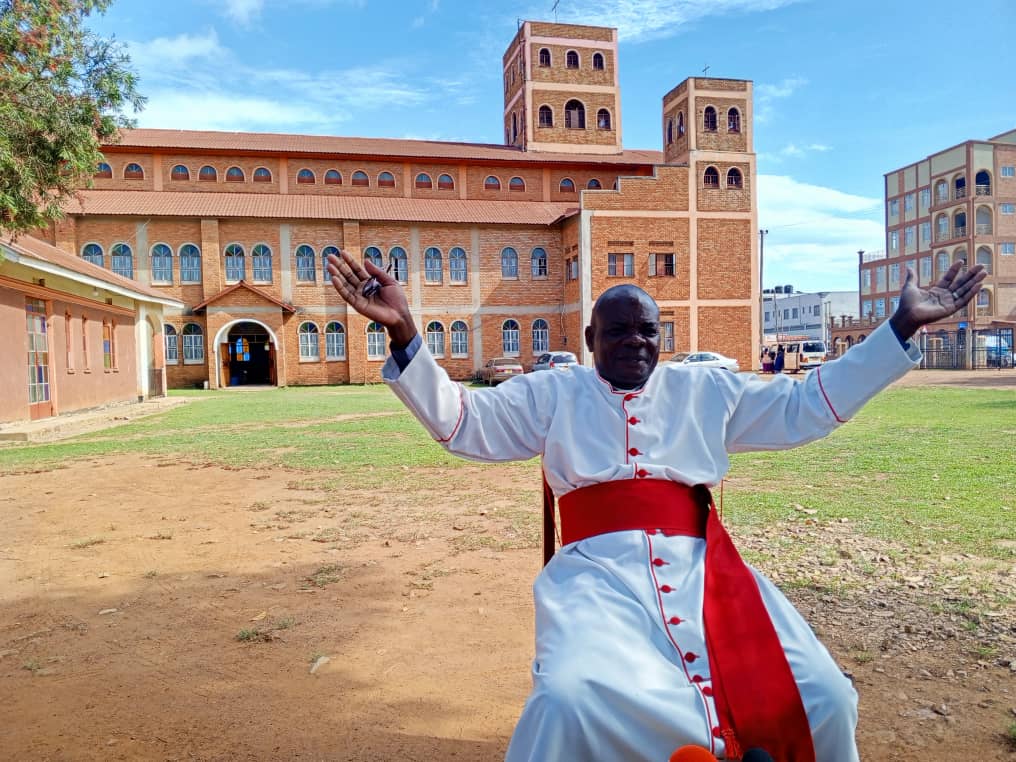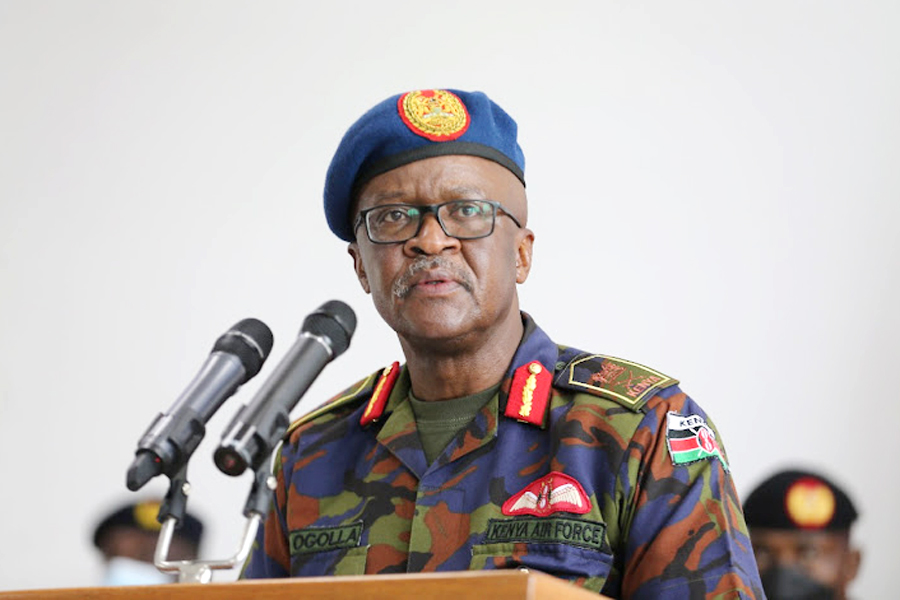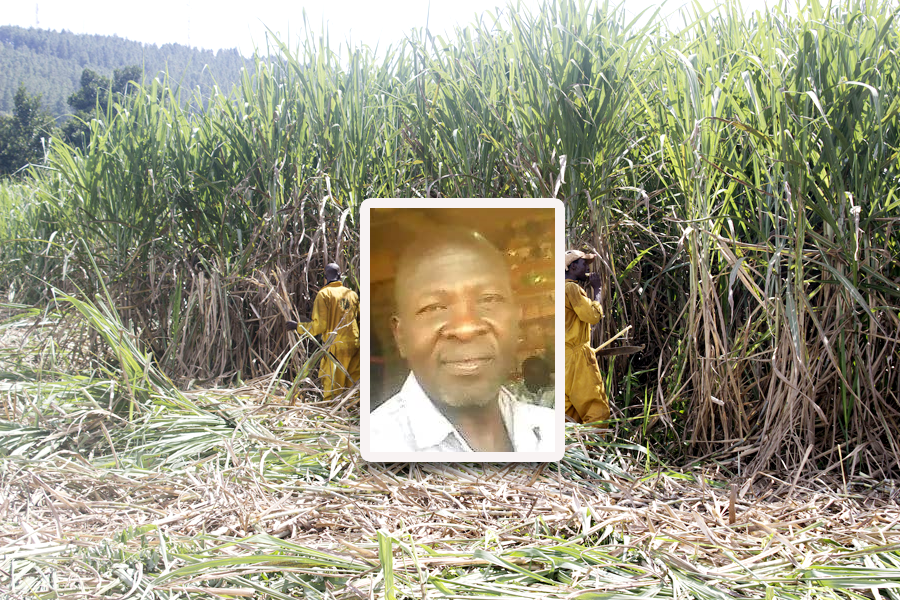How Uganda Prisons avoided spread of Coronavirus among inmates
On March, 18, 2020, President Museveni ordered for the closure of schools, churches and banned any form of social, cultural and political gatherings across the country as one of the ways to prevent the spread of coronavirus.
“It is wise that we temporarily remove these concentration points to prevent the spread of coronavirus. All these institutions, without exception should close so that we deny this virus high concentration. We don’t want the virus to find dry grass ready for ignition,” Museveni said.
Keep Reading
- > Rev Can Ateirweho lists priorities as he starts work as Bunyoro Kitara Bishop
- > Liberty pays shs100m in life insurance claim to Kalangala family
- > Uganda Charts Course for Sustainable Growth with National Development Plan
- > Speaker Among calls for guidelines to streamline transportation of school children
However, prisons are some of the most congested areas, making it difficult to maintain social distancing and in case of any outbreak in the facility, the consequences would be dire.
The Nile Post has however learnt that Uganda Prisons Service put in place deliberate efforts to ensure the virus does not get into any of its prisons or else it would be worse.
“Prisons are high risk places in the fight against Coronavirus because of the big population that is not dispersed. Because we are prisons, we have to keep people who are not supposed to be with other people in society,” says Dr. Johnson Byabashaija, the Uganda Prisons Commissioner General.
With about 62000 inmates all over the country, Byabashaija says Uganda’s prisons are congested by 300 percent and in simple terms, it means that space meant to be occupied by one person is currently occupied by three people.
Consequently, before the outbreak of the virus in the country, prisons together with the Ministry of Health task force embarked on teaching prisons officers about Covid-19 and how to prevent it.
These went to every prison around the country and in turn, the officers sensitized the prisoners on what to do avoid the spread of the virus in the prisons.
“Because everyone was taught about the dangers of Covid-19 and being out of the prison, prisoners would have rioted for not being taken to court,”Byabashaija says.
Stringent measures
“We put in place a contingency plan after understanding the guidelines by the president. Therefore, our main intent was to make sure the virus does not get into the prisons,” he says.
Dr.Byabashaija says that the set of new stringent measures put in place to ensure the virus doesn’t spread to prisons included stopping any visits to prisoners by their relatives and lawyers.
On the other side, prisons officers were also not allowed to move out of the prisons but rather encamped in the facilities while observing standard operating procedures including wearing of gloves and masks.
“We have provided all our frontline staff with personal protection equipment to protect them from the virus. We are now making cloth masks that will eventually see every prisoner get one.”
New prisoners
One of the big challenges that prisons faced was the issue of new prisoners who had higher chances of spreading the virus they could have acquired while out.
The prisons boss explains that they made sure the new prisoners don’t mix with the old guards in the detention centres.
“We had to designate isolation prisons. It was so coincidental and by the grace of God that we had just completed the Kitalya mini-max prison,” he says.
He reveals that the new facility about 55 kilometers northwest of Kampala, in Wakiso district has a holding capacity of 2000 inmates but says on Ugandan standards it can take even 4000 prisoners.
The Shs 25 billion facility sitting on 5-acres of land was built with large sized prison wards and 30 cells, all fitted with modern sanitary facilities.
It also has a fully-fledged medical wing complete with an inpatient section.
 Kitalya prison( courtesy photo)
Kitalya prison( courtesy photo)
Dr.Byabashaija says this facility was a game-changer in their efforts to prevent the spread of Covid-19 in prisons around the country.
He says there were new prisons in Bushenyi(Sheema prisons) and Nwoya whereas in Kyenjojo, construction of new cells had just been completed and this all became isolation centres.
“In Busesa , Soroti and Kayiti prisons there are also an isolation centres. In Girgir, we collapsed the prison to become a collection point for new prisoners in the whole of the West Nile. We have been able to prevent new admissions from mixing with the old.”
He says that by last week, there were 2500 prisoners in Kitalya.
Byabashaija says that prisoners who had spent the 14 mandatory quarantine days in the new prions had to be shifted to nearby prions including Kasangati, Sentema and Nakasongola among others .
Release of prisoners
The prisons boss also commented on the release of 833 petty offenders who do not go beyond two years but had completed three quarters of their sentences.
These were pardoned by President Museveni and according to Byabashaija, this was part of their efforts to avoid the spread of the virus by decongesting prisons.
He said another batch of between 300 and 400 prisoners that includes civil debtors will soon be released.
“The people who caused their arrest and imprisonment for not paying their debts have to pay for their(suspects) upkeep in prison. However, since the outbreak of the virus, we stopped any visits to prisons and they money for feeding and has not been coming. We are therefore going to release them to decongest the facilities but also reduce pressure on our budget,” Byabashaija said.



















